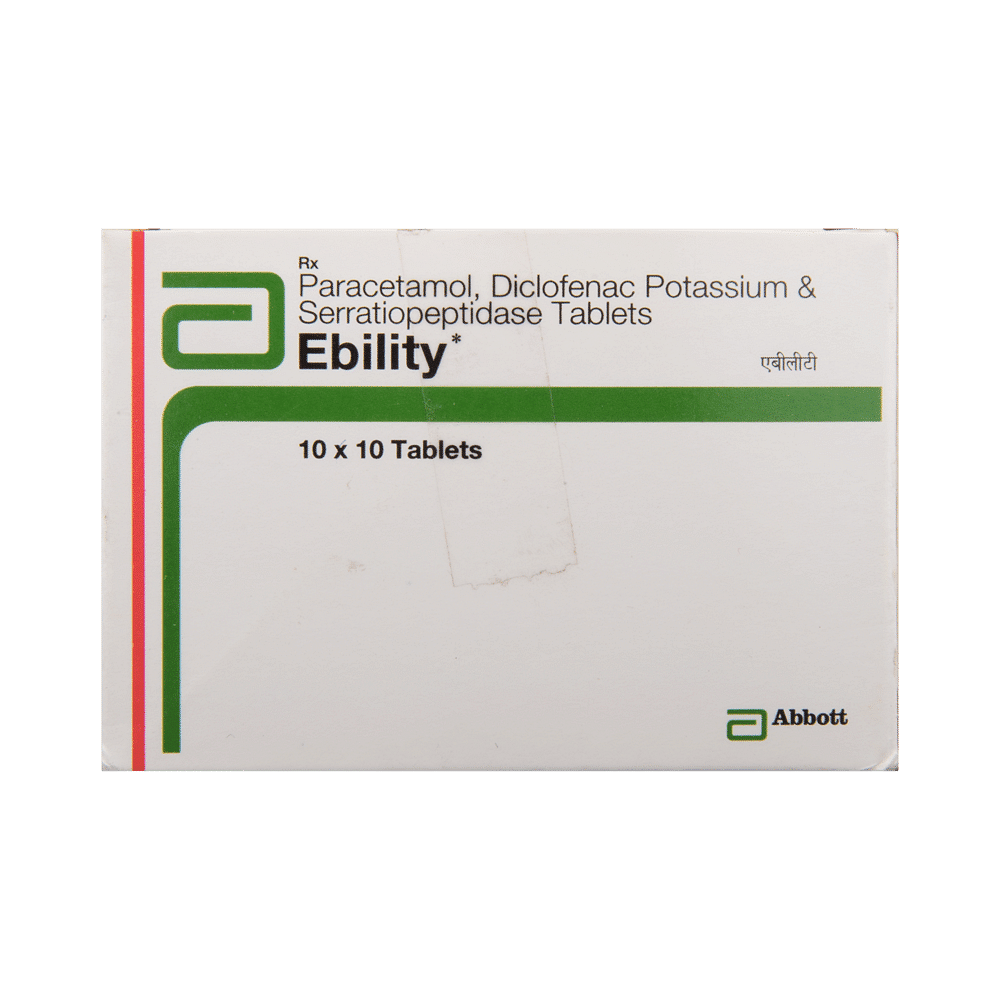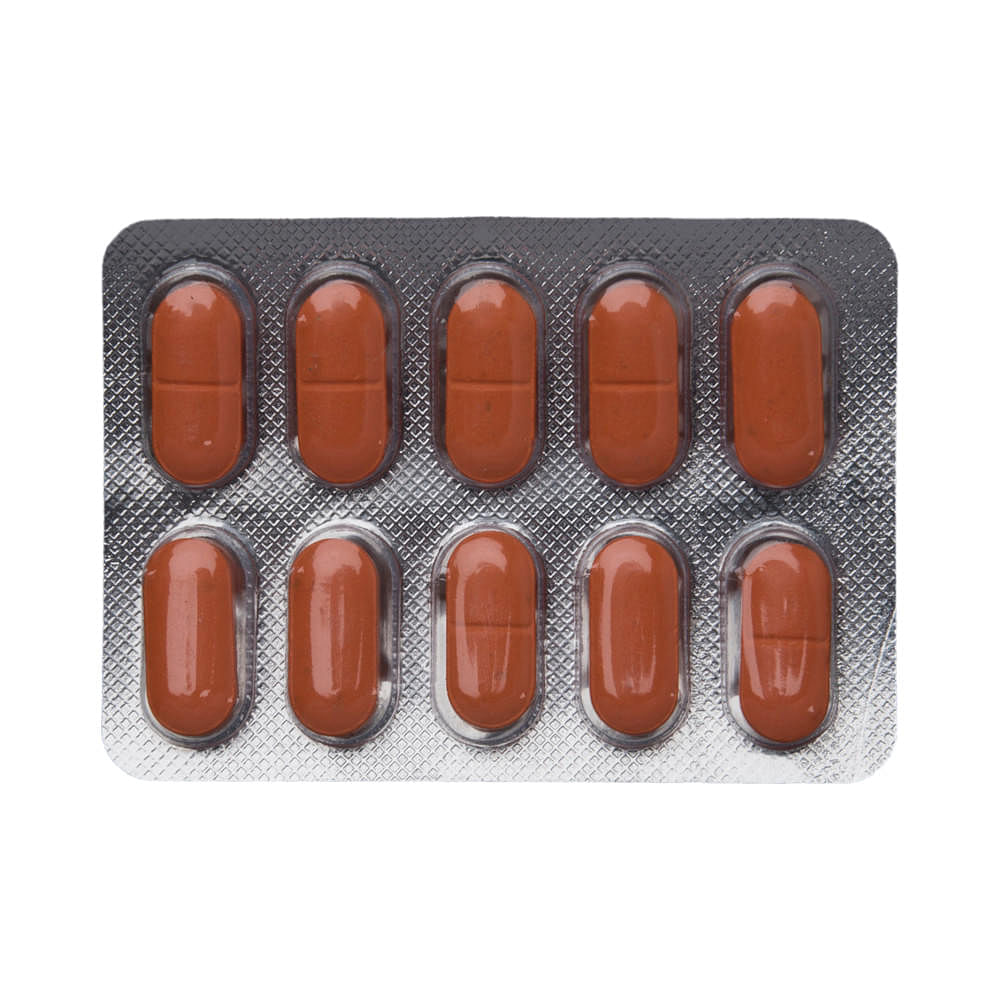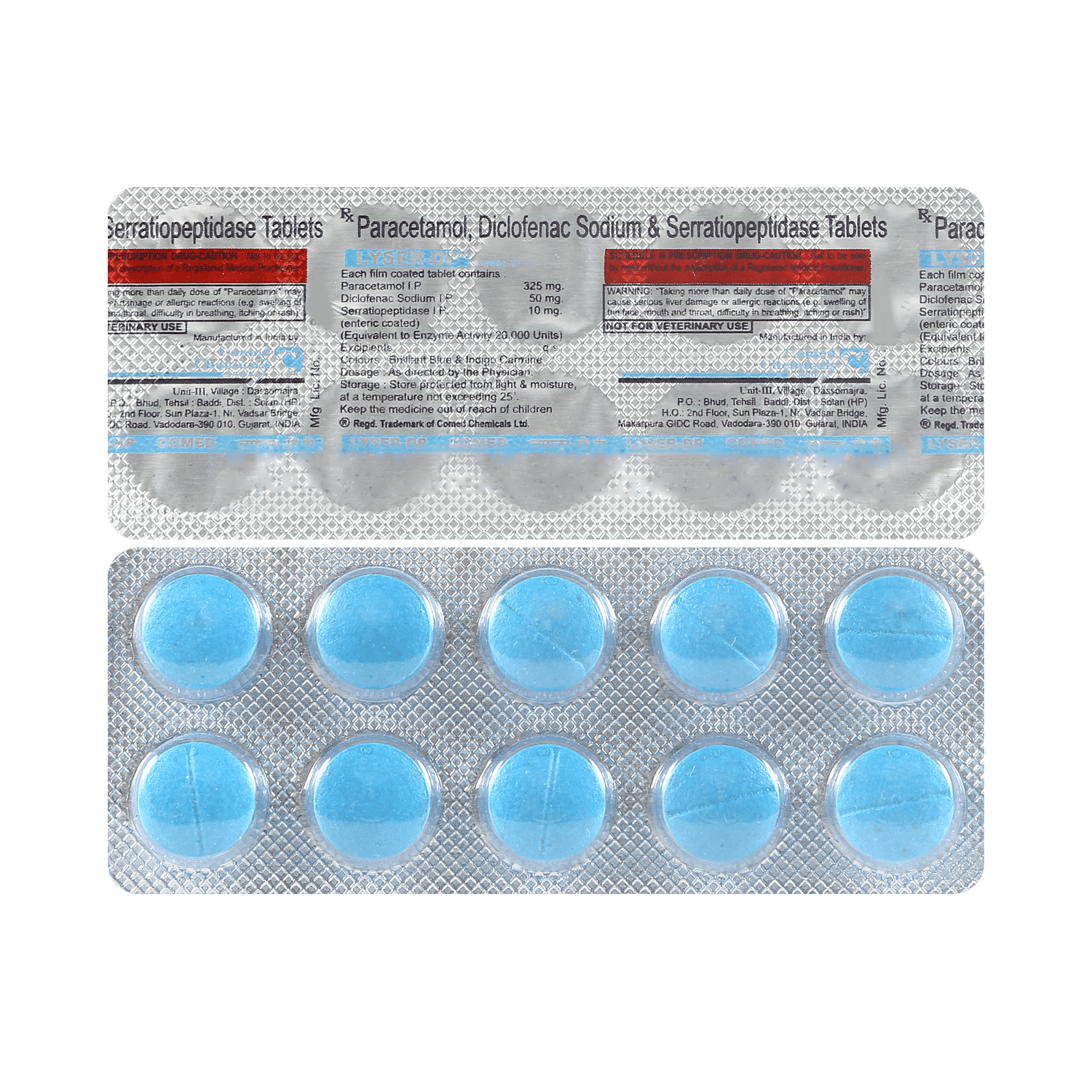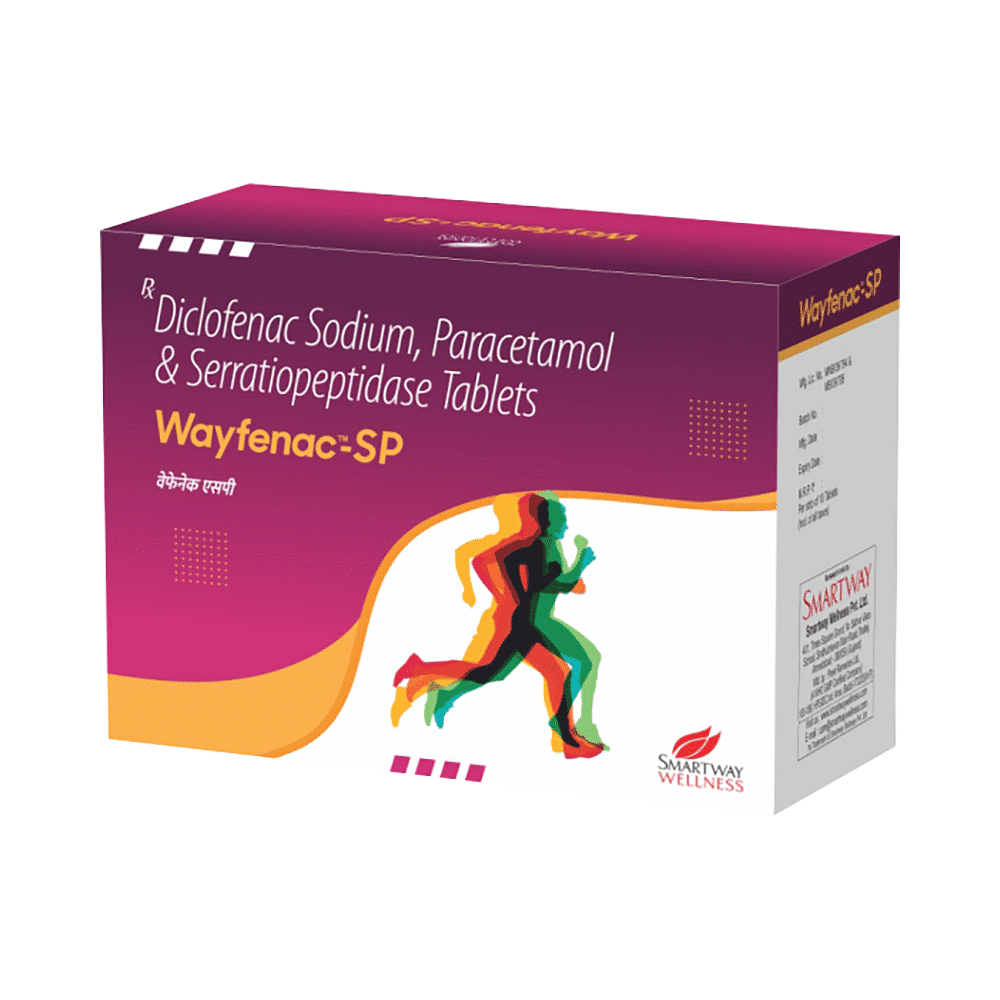
Ray-DSP Tablet
Manufacturer
Ray Remedies Pvt Ltd
Salt Composition
Diclofenac (50mg) + Paracetamol (325mg) + Serratiopeptidase (10mg)
Key Information
Short Description
Ray-DSP Tablet is a pain-relieving medicine that helps in relieving moderate pain and reducing fever. It is used in various conditions such as muscle ache, back pain, joint pain, menstrual cramps, and toothache.
Dosage Form
Tablet
Introduction
Ray-DSP Tablet should be taken with food. This will prevent you from getting an upset stomach. The dose and duration will depend on what you are taking it for and how well it helps your symptoms. You should keep taking the medicine even if you feel better until the doctor says it is alright to stop using it. Using this medicine may cause few common side effects such as nausea, vomiting, stomach pain, indigestion, and heartburn. If you experience any such side effects that do not go away or get worse, you should let your doctor know. Your doctor may be able to suggest ways of preventing or reducing the symptoms. In general, you should try to use the smallest amount necessary to control your symptoms. Before using the medicine, you should tell your doctor if you have any other medical conditions or disorders. It may also affect or be affected by some other medicines you are using so let your doctor know all the other medicines you are taking. It should be used with caution in patients who are alcoholic or have liver or kidney disease. Pregnant and breastfeeding women should consult their doctors first before using the medicine.
Directions for Use
Take this medicine in the dose and duration as advised by your doctor. Swallow it as a whole. Do not chew, crush or break it. Ray-DSP Tablet is to be taken with food.
Safety Information
Side Effects
No common side effects listed
Alcohol Warning
It is unsafe to consume alcohol with Ray-DSP Tablet.
Breastfeeding Warning
Information regarding the use of Ray-DSP Tablet during breastfeeding is not available. Please consult your doctor.
Pregnancy Warning
Ray-DSP Tablet is unsafe to use during pregnancy as there is definite evidence of risk to the developing baby. However, the doctor may rarely prescribe it in some life-threatening situations if the benefits are more than the potential risks. Please consult your doctor.
Interacting Medicines
Do not take it with any other medicine containing acetaminophen (drugs for pain/fever or cough-and-cold) without asking your doctor first
How it works
Ray-DSP Tablet is a combination of three medicines: Diclofenac, Paracetamol and Serratiopeptidase. Diclofenac is a non-steroidal anti-inflammatory drug (NSAID) and Paracetamol is an antipyretic (fever reducer). They work by blocking the release of certain chemical messengers in the brain that cause pain and fever. Serratiopeptidase is an enzyme which works by breaking down abnormal proteins at the site of inflammation and promotes healing.
Quick Tips
Take it with food to avoid getting an upset stomach It may cause dizziness and sleepiness. Do not drive or do anything that requires mental focus until you know how Ray-DSP Tablet affects you Avoid consuming alcohol when taking Ray-DSP Tablet as it may cause excessive drowsiness and increase the risk of liver damage Do not take it with any other medicine containing acetaminophen (drugs for pain/fever or cough-and-cold) without asking your doctor first
Related Medicines

Ebility Tablet

Zinase-DP Tablet

Lyser DP Tablet

Diclodar SP 50mg/325mg/10mg Tablet

Diclodiva-SP Tablet

Dibert SP Tablet

Exclo D 50mg/325mg/10mg Tablet

Esnodol-SP Tablet

Detosun P 50mg/325mg/10mg Tablet

Wayfenac-SP Tablet
Frequently asked questions
What are the proper storage conditions for Ray-DSP Tablet?
Store Ray-DSP Tablet in its original container, tightly closed, and follow the storage instructions provided on the packaging. Dispose of unused medicine properly, ensuring it is not accessible to children or pets.
What is Ray-DSP Tablet?
Ray-DSP Tablet is a combination medication consisting of Diclofenac, Paracetamol, and Serratiopeptidase. It helps alleviate pain and inflammation by reducing chemical substances in the body that cause these symptoms.
Is it safe to use Ray-DSP Tablet?
Ray-DSP Tablet is generally safe for most patients, but some may experience common side effects like nausea, vomiting, stomach pain, heartburn, and diarrhea. If persistent issues occur, consult your doctor immediately.
Can I stop taking Ray-DSP Tablet when my pain is relieved?
Continue using Ray-DSP Tablet as directed by your physician even after the initial relief from pain, unless otherwise advised to discontinue use.
Can the use of Ray-DSP Tablet cause nausea and vomiting?
Yes, taking Ray-DSP Tablet may cause nausea and vomiting. This can be mitigated by consuming it with milk, food, or antacids, and avoiding fatty or fried foods. If vomiting persists, drink plenty of fluids to prevent dehydration.
Can the use of Ray-DSP Tablet cause dizziness?
Yes, some patients may experience dizziness while using Ray-DSP Tablet. Rest if needed, and avoid driving or operating machinery until symptoms subside.
Are there any specific contraindications associated with the use of Ray-DSP Tablet?
Ray-DSP Tablet is not recommended for patients with a known allergy to its components or other painkillers (NSAIDs). It should also be avoided in those with a history of stomach ulcers, heart failure, high blood pressure, liver disease, or kidney problems.
Can I take Ray-DSP Tablet with Vitamin B-complex?
Yes, you can take Ray-DSP Tablet along with Vitamin B-complex preparations to help relieve pain and correct any vitamin deficiencies contributing to your symptoms.
Can I take Ray-DSP Tablet for stomach pain?
No, use Ray-DSP Tablet only under the guidance of a physician for stomach pain, as it can increase stomach acid secretion and potentially worsen underlying conditions.
Can the use of Ray-DSP Tablet cause damage to kidneys?
Taking higher than recommended doses of Ray-DSP Tablet may lead to increased side effects, but proper dosing should not cause kidney damage. If you experience increased severity of pain or unrelieved pain despite proper dosing, consult your doctor for re-evaluation.


